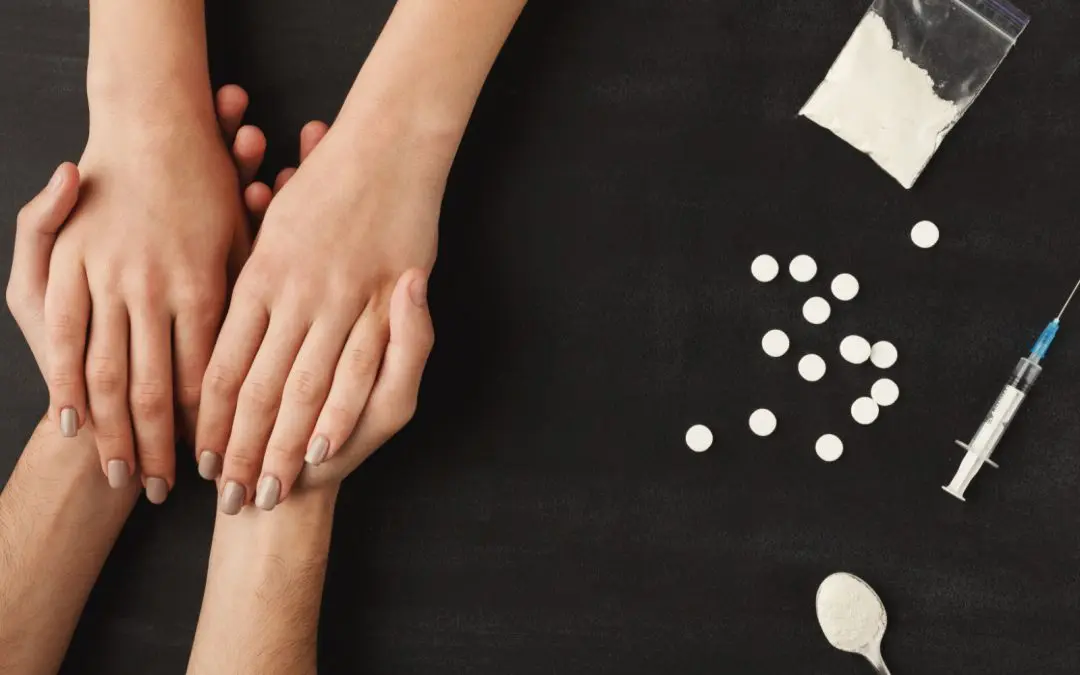24/7 Helpline:
(866) 899-221924/7 Helpline:
(866) 899-2219
Learn more about Bipolar Disorder Treatment centers in Deer Lodge County

Other Insurance Options

AllWell

Access to Recovery (ATR) Voucher

Sliding scale payment assistance

Evernorth

EmblemHealth

CareFirst

Self-pay options

Humana

Coventry Health Care

Magellan

Private insurance

MVP Healthcare

Molina Healthcare

BHS | Behavioral Health Systems

Medical Mutual of Ohio

UMR

Providence

American Behavioral

Kaiser Permanente
Beacon













Western Montana Mental Health Center – Deer Lodge County
Western Montana Mental Health Center – Deer Lodge County is a private rehab located in Anaconda, Mon...







